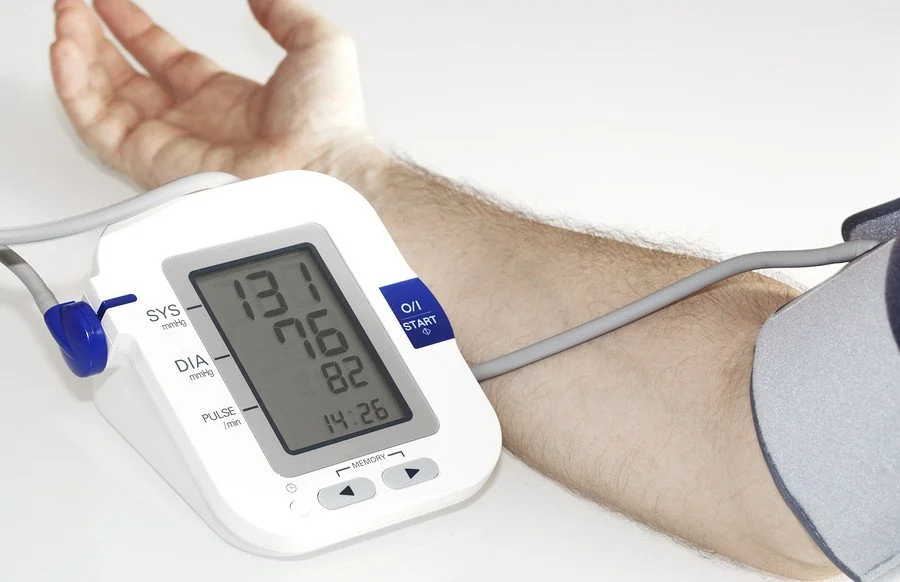Lupus and Blood Pressure: Understanding the Connection and Management
Lupus, a chronic autoimmune disease, affects various organs and systems in the body, including the cardiovascular system. One significant concern for individuals with lupus is blood pressure management. High blood pressure, or hypertension, is common among lupus patients and can lead to serious complications if left unchecked. Understanding the connection between lupus and blood pressure, recognizing risk factors, and implementing effective management strategies are essential for maintaining overall health.
"Take care of your body. It’s the only place you have to live. A healthy heart and balanced blood pressure are keys to a longer, happier life."
The Link Between Lupus and Blood Pressure
Lupus-related inflammation, kidney involvement, and medication side effects all contribute to blood pressure fluctuations in patients. The following factors play a role in increased blood pressure among lupus patients:
Lupus Nephritis: When lupus affects the kidneys, a condition known as lupus nephritis can develop. This condition impairs kidney function and can result in high blood pressure due to fluid retention and increased strain on the cardiovascular system.
Chronic Inflammation: Systemic inflammation caused by lupus can contribute to damage in blood vessels, making them less elastic and more prone to hypertension.
Medications: Certain medications used to manage lupus, such as corticosteroids and nonsteroidal anti-inflammatory drugs (NSAIDs), can raise blood pressure as a side effect.
Stress and Fatigue: The physical and emotional burden of lupus can lead to increased stress levels, which may contribute to elevated blood pressure.
Recognizing Symptoms of High Blood Pressure
High blood pressure is often referred to as a “silent killer” because it may not present noticeable symptoms. However, some lupus patients may experience:
Headaches
Dizziness
Blurred vision
Shortness of breath
Chest pain
Regular monitoring is essential to detect hypertension early and prevent complications such as stroke, heart disease, and kidney damage.
Managing Blood Pressure in Lupus Patients
Effective blood pressure management requires a combination of medical treatment, lifestyle modifications, and regular monitoring. Below are some strategies to help control blood pressure in lupus patients:
1. Medical Treatment
Antihypertensive Medications: Doctors may prescribe blood pressure medications such as ACE inhibitors, beta-blockers, or calcium channel blockers to manage hypertension.
Lupus Treatment Optimization: Managing lupus effectively can reduce inflammation and minimize kidney involvement, ultimately helping to control blood pressure.
Regular Checkups: Frequent monitoring of kidney function and blood pressure levels is crucial to detecting and addressing issues early.
2. Lifestyle Modifications
Heart-Healthy Diet: Reducing sodium intake, consuming fruits and vegetables, and limiting processed foods can help manage blood pressure.
Regular Exercise: Engaging in low-impact activities such as walking, swimming, or yoga can promote cardiovascular health.
Stress Reduction: Practicing relaxation techniques, such as meditation, deep breathing, and mindfulness, can help regulate stress-related blood pressure spikes.
Adequate Hydration: Staying well-hydrated can support kidney function and overall health.
3. Home Monitoring and Awareness
Using a Blood Pressure Monitor: Keeping track of blood pressure levels at home allows for early detection of any abnormalities.
Recognizing Warning Signs: Being aware of potential symptoms of high blood pressure can prompt early intervention and prevent complications.
Open Communication with Healthcare Providers: Regular discussions with doctors about blood pressure concerns and treatment options are crucial.
Lupus and high blood pressure are closely linked, making it essential for individuals with lupus to monitor and manage their blood pressure effectively. By understanding the risk factors, recognizing symptoms, and implementing lifestyle changes alongside medical treatment, lupus patients can reduce their risk of hypertension-related complications. Regular checkups and proactive management play a key role in maintaining cardiovascular and overall health.
You’re not alone
Join the Crystal Wings community and get the support you need.


